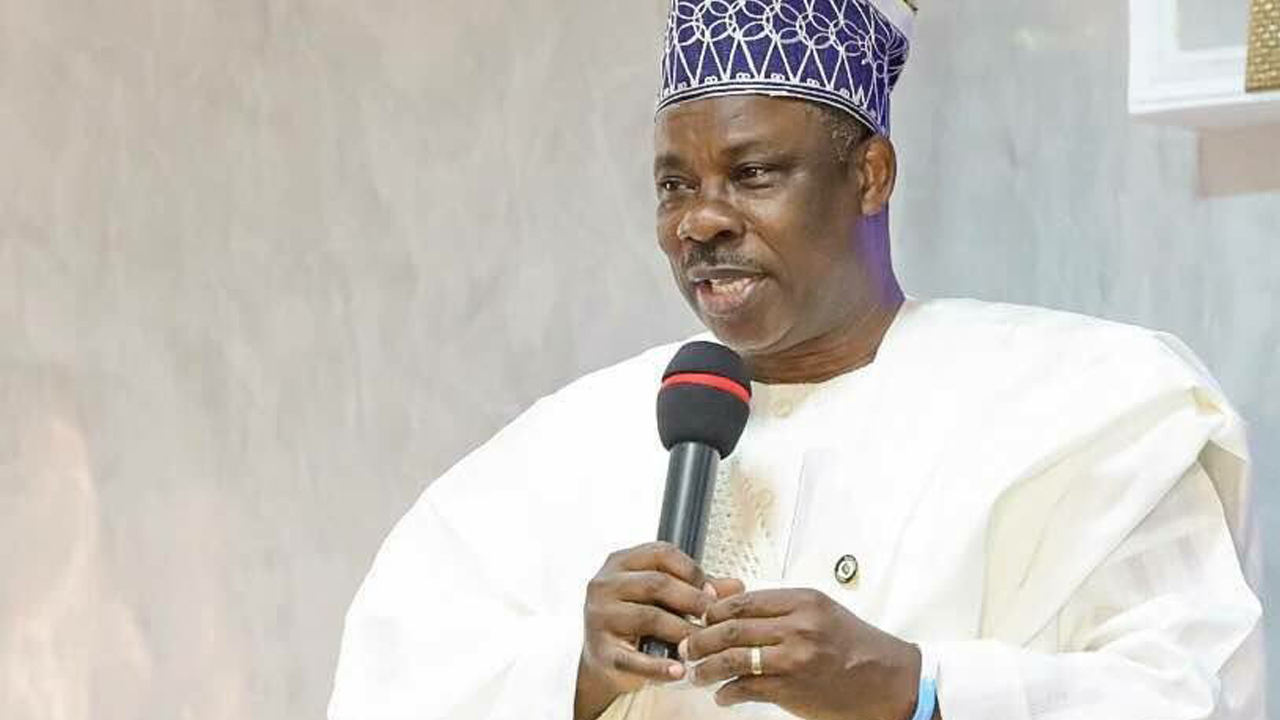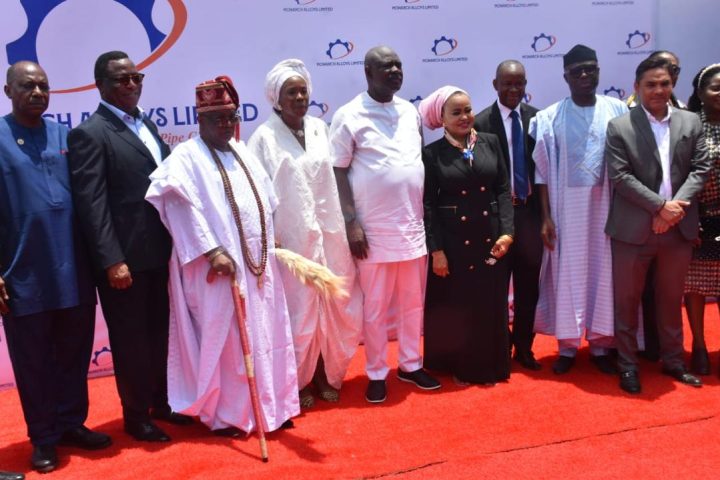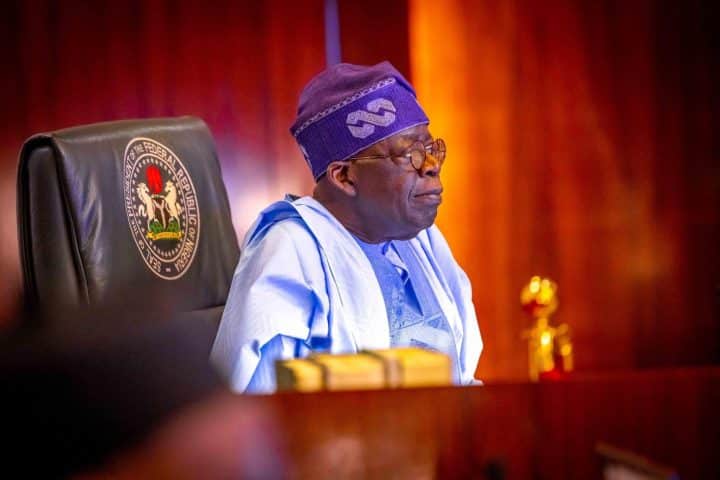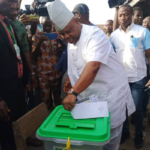Former governor of Ogun State, Senator Ibikunle Amosun has declared his intention to run for presidency in the 2023 election under the platform of All Progressives Congress (APC), promising to prioritise investment in human security and acceleration of economic development in Nigeria, Prime Business Africa reports.
Amosun who made his formal declaration at an event in Abuja Today, has joined the list of other presidential aspirants ahead of the 2023 polls.
The former governor of Ogun State, Amosun, said he would make national security and economic development the major pillars of his agenda as he seeks the number one position in the country.
Join our WhatsApp ChannelThe senator who is representing Ogun Central Senatorial District, said investing in human security and boosting economic empowerment are key to addressing the country’s national security challenges.
He said his exposure to governance at different levels so far has given him opportunity to gain insight into the developmental challenges confronting the country and therefore feel it is a duty call for him to lead the country into the next phase of its democracy, where unity, peace and progress would prevail.
His words, “Today, I am formally announcing my candidacy for the presidential ticket of our great party, the All Progressives Congress and the presidency of the Federal Republic of Nigeria. I do so, conscious of the immensity of the task that lies ahead in our country, and the magnitude of the sacrifices that anybody who wishes to lead out country into the next phase must make. This is to honour the historic call to duty to lead in the next phase of our collective journey into national glory. It is a duty to re-energise our faith in the future of this country even in the face of the threat to our national sovereignty by insurgents and terrorists.”
The lawmaker said the country triumphed over challenges in the past and would scale the current hurdle of instability.
“Under my leadership, I will consolidate on the ongoing processes by broadening and deepening, and where necessary, rebuilding the all encompassing, coherent and comprehensive security structure to confront the different facets of our national security concerns and achieve the different fundamental purpose of our national security in furtherance of the prosperity, and happiness of the people of this land.
“To do this, I will proritise human security as the fundamental principle of the ultimate goal of national security. Putting human security at the forefront, and approaching it as a directive principle of state policy, will imply that the two dominant goals of my leadership will be national security and economic development.”
From the two major agenda, he said he would extend to other areas like investment in infrastructure for healthcare, education, agriculture, transport, electricity and technology to meet demands of the 21st century.
On the economy, he said his government would work hard to ensure its growth by at least 7 to 10 per cent annum to be able to provide for the population.
Amosun equally hinted on making the country become a favoured destination for investment focusing on high impact sectors and be able to also lead the revolution for implementation of the African Continental Free Trade Area Agreement (AfCFTA) to accelerate Africa’s economic growth.
Speaking on security, he said he has spent the past few months speaking with experts about the security challenges in the country and how they could better be managed.
“The country’s security challenges has different aspects- the external and internal dimension.” Externally, he said that Nigeria’s security challenges are consequences of the ongoing crisis and terrorism in the Middle East, North Africa and the Sahel region, noting that proliferation of armed groups and small arms across the Sahel, West and Central African regions are causing grave damages to human lives and democratic governance across the continent, especially in Nigeria.
He further disclosed that his government would conduct a comprehensive audit of the security challenges and the existing infrastructure and determine how to respond to them, while also promoting inter-agency collaboration to ensure adequate security of lives and properties.
He also spoke about creating strategic alliance with the international community for effective measures in dealing with the country’s security challenges.
“By meeting the security and economic development needs, the country will be able to confront the underlying causes of the insecurity in the country,” he added.
Victor Ezeja is a passionate journalist with seven years of experience writing on economy, politics and energy. He holds a Master's degree in Mass Communication.




















Follow Us